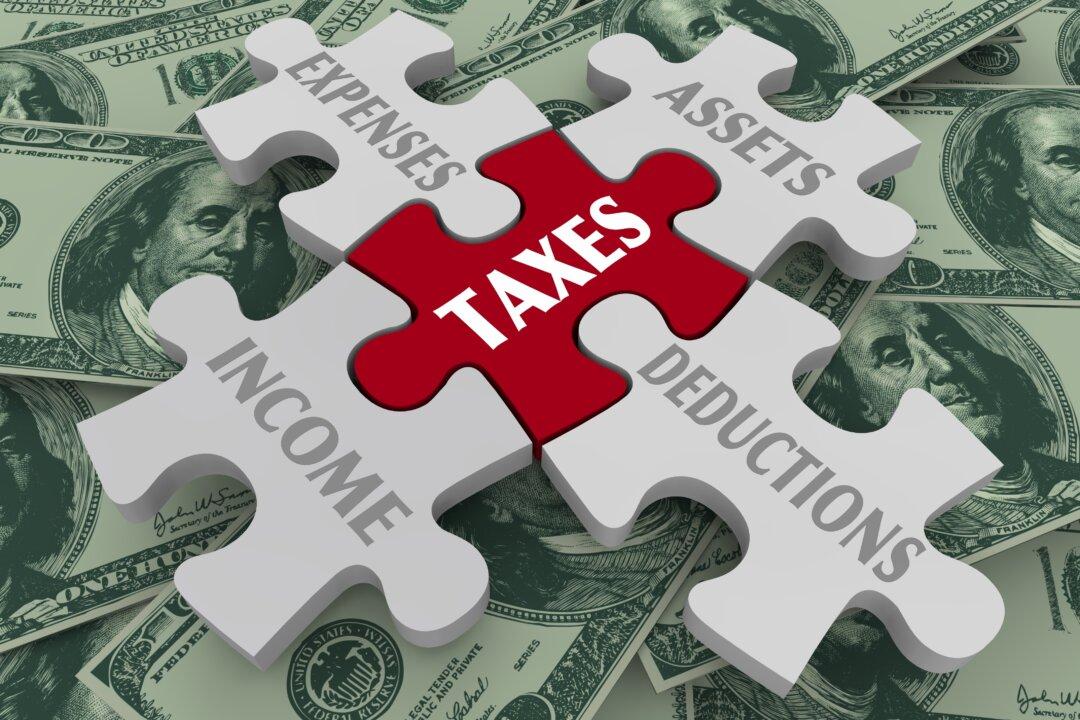This series of six articles is intended to help you navigate and put into practice basic financial information that will help you make sound decisions that provide a higher assurance of financial security.
- TRACK






